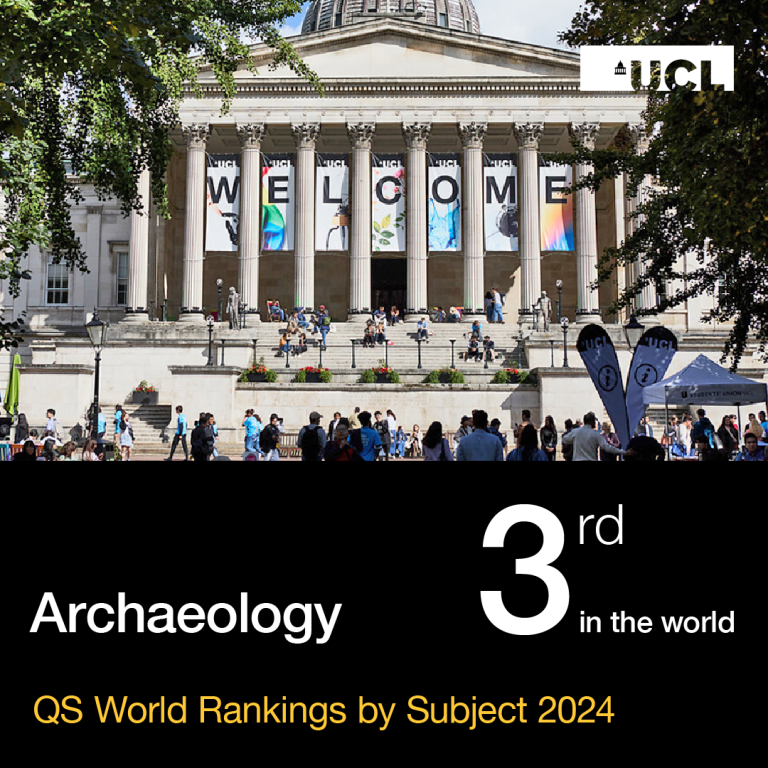This module covers the archaeological record of the Indian Subcontinent from the early 1st millennium BC to the mid 1st millennium AD.
Drawing on a wide range of sources including art, architecture, inscriptions, coins, environmental data, and relevant texts, the main focus of the module - which covers the modern nations of India, Pakistan, Nepal, Bangladesh, Sri Lanka, and parts of Afghanistan - is the re-emergence of cities and states in the Gangetic valley, and its spread to other areas of ancient India, following the decline of Indus urbanism approximately 1000 years earlier. The economic, political and religious influences behind these developments will be a key concern throughout the module.
Topics will include: theories of urbanism and state formation; Mauryan and Gupta imperialism and their archaeological expressions; the Indo-Greek kingdoms; the archaeology of Indian religions (Hinduism, Buddhism Jainism, and 'local' cults) and religious change; ritual landscapes and pilgrimage; agriculture and irrigation systems; Indo-Roman trade; the politics of archaeology and sectarianism.
Module information
- Code: ARCL0052
- Credits: 15
- Coordinator: Julia Shaw
- Handbook: available from the Coordinator
For registered students
- Reading list: open»
Availability
- Not running in 2024-25
 Close
Close



